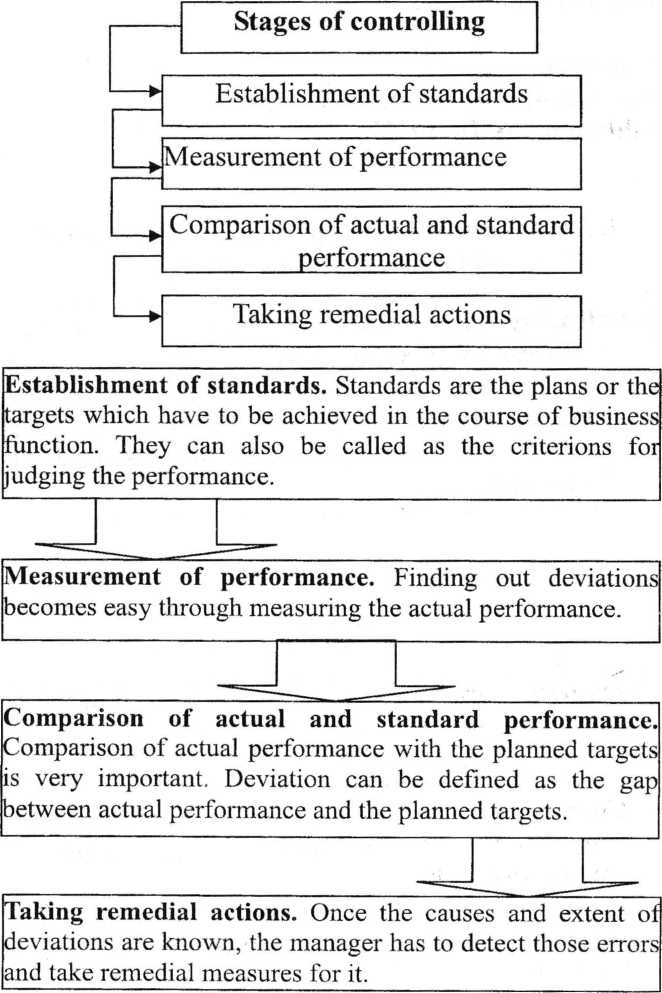
- •1. (Contents, essence and structure of economic analysis of foreign economic activity of enterprise
- •Task of economic analysis of foreign economic activity of enterprise Structure of analysis of efficiency of foreign trade operations
- •Principle of quantitative comparison of charges and results of activity - envisages comparison of indexes after identical quantitative units.
- •2. Analysis of foreign trade turnover of enterprise
- •Stage 2. Analysis of degree of implementation of obligations an enterprise is after contracts with foreign partners
- •Analysis of efficiency of external economic operations
- •Analysis of rationality of the use of money is during realization of foreign economic activity
- •Theme 8. Organization of fea
- •Importance of organization of fea
- •Types of organizational structure of man of fea
- •Merits of Line and Staff Organization
- •Demerits of Line and Staff Organization
- •Functional organizational structure
- •Merits of Functional Organization
- •Demerits of Functional Organization
- •3. Special features of departments of foreign economic activity in international companies.
- •Scope and content of basic functions of managers of fea
- •1.Essence and content of forecasting of fea.
- •2.Types of foreign economic forecasts.
- •1.Time-series methods used historical data to develop forecasts of the future.
- •3. Methods and means of forecasting
- •Topic 10 Planning of foreign economic activity
- •Place and role of planning in the process of management of foreign economic activity.
- •Characteristic of operational and strategical planning of fea.
- •3.Advantages and disadvantages of planning Advantages:
- •Disadvantages of planning
- •Internal Limitations Rigidity
- •1. Role of control in the process of management of foreign economic activity
- •2.Diagnostics as a function of management of foreign economic activity.
- •3. The role of regulation in securing of qualified management of foreign economic activity
- •Importance of regulation
- •1.Contents, essence and structure of economic analysis of foreign economic activity of enterprise.
- •2.Analysis of foreign trade turnover of enterprise
Internal Limitations Rigidity
-Planning has tendency to make administration inflexible.
- planning implies prior determination of policies, procedures and programmes and a strict adherence to them in all circumstances.
-there is no scope for individual freedom.
-The development of employees is highly doubted because of which management might have faced lot of difficulties in future.
-Planning therefore introduces inelasticity and discourages individual initiative and experimentation.
Misdirected Planning
Planning may be used to serve individual interests rather than the interest of the enterprise.
Attempts can be made to influence setting of objectives, formulation of plans and programmes to suit ones own requirement rather than that of whole organization.
Machinery of planning can never be freed of bias. Every planner has his own likes, dislikes, preferences, attitudes and interests which is reflected in planning.
Time consuming
Planning is a time consuming process because it involves collection of information, it’s analysis and interpretation thereof. This entire process takes a lot of time specially where there are a number of alternatives available.
Therefore planning is not suitable during emergency or crisis when quick decisions are required.
Probability in planning
Planning is based on forecasts which are mere estimates about future.
These estimates may prove to be inexact due to the uncertainty of future.
Any change in the anticipated situation may render plans ineffective.
Plans do not always reflect real situations inspite of the sophisticated techniques of forecasting because future is unpredictable.
Thus, excessive reliance on plans may prove to be fatal.
False sense of security
Elaborate planning may create a false sense of security to the effect that everything is taken for granted.
Managers assume that as long as they work as per plans, it is satisfactory.
Therefore they fail to take up timely actions and an opportunity is lost.
Employees are more concerned about fulfillment of plan performance rather than any kind of change.
Expensive
Collection, analysis and evaluation of different information, facts and alternatives involves a lot of expense in terms of time, effort and money
Theme 11. Control, diagnostics and regulation of foreign economic activity
1. Role of control in the process of management of foreign economic activity

Features of control
-- Controlling is an end function. A function which comes once the performances are made in confirmities with plans.
-- Controlling is a pervasive function. It means it is performed by managers at all levels and in all type of concerns.
-- Controlling is forward looking. Effective control is not possible without past being controlled. Controlling always look to future so that follow-up can be made whenever required.
-- Controlling is a dynamic process. Since controlling requires taking renewal methods, changes have to be made wherever possible.
--
Controlling is related with planning. Planning and Controlling are
two inseperable functions of management. Without planning,
controlling is a meaningless exercise and without controlling,
planning is useless. Planning presupposes controlling and
controlling succeeds planning.

